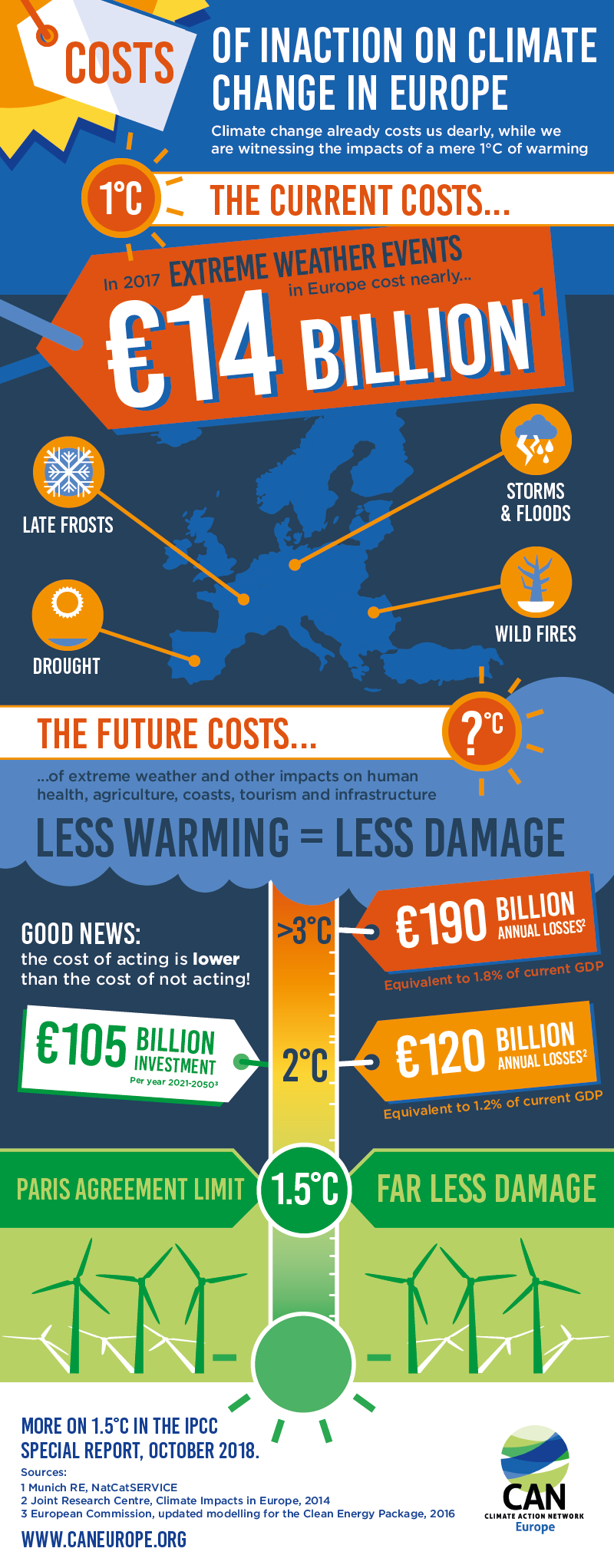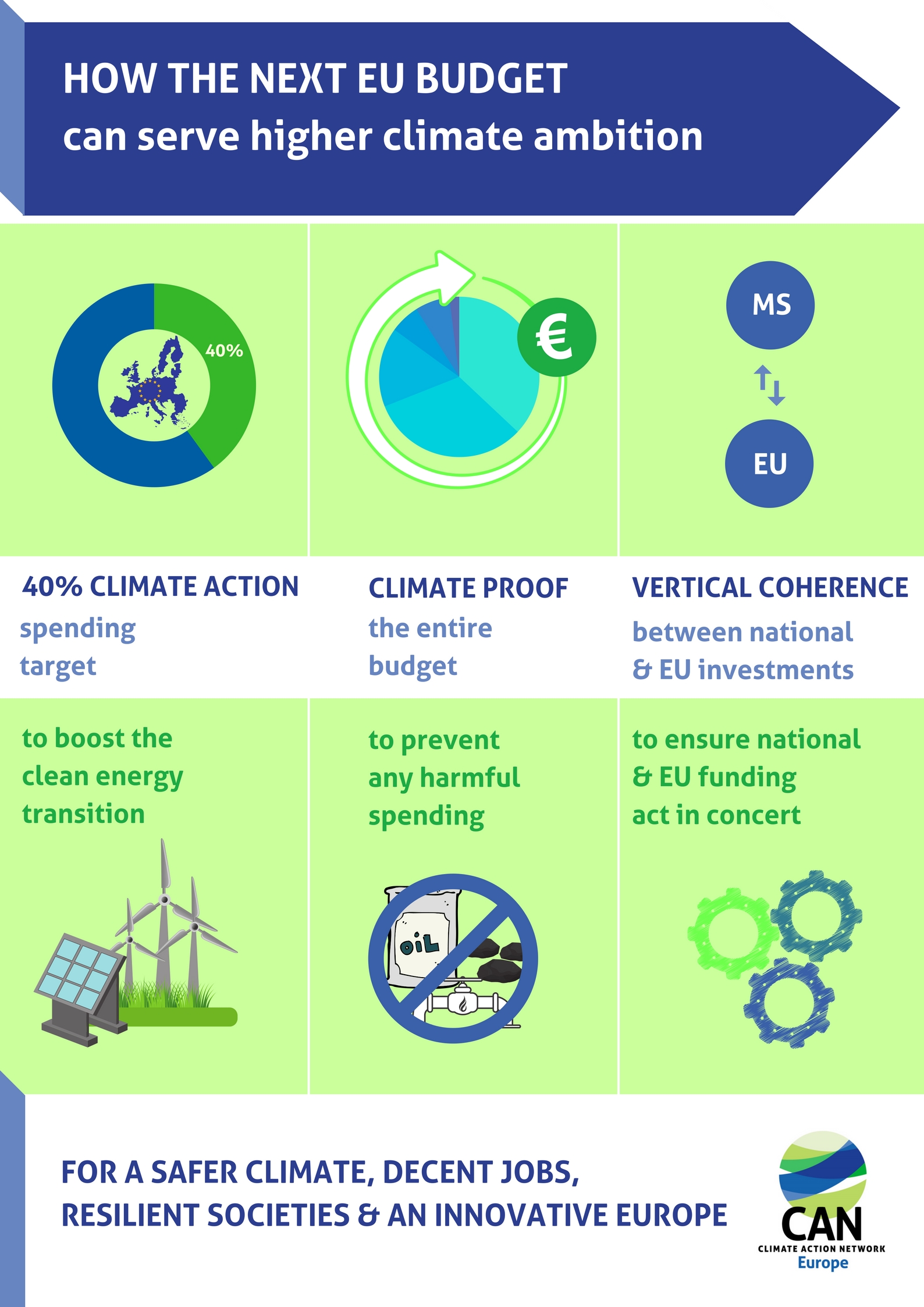Growing momentum for net zero emissions economy by 2050
EU Energy and Environment Ministers meeting in Brussels on 4 and 5 March to discuss the European Commission’s draft long-term strategy “A clean planet for all” added momentum for a climate neutral European economy by 2050.


